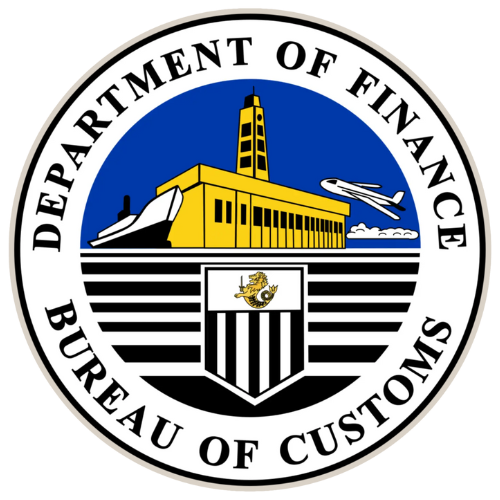
Misdeclaration occurs when the details (e.g., value, quantity, description) of imported goods are inaccurately or falsely declared to the Bureau of Customs (BOC). This could involve under-declaring the value of goods to reduce duties or falsely declaring the nature of goods to bypass regulations. Under Section 1400 of the CMTA, penalties for misdeclaration include seizure and forfeiture of the goods involved.
Misclassification refers to the incorrect classification of goods under tariff headings or codes, often done with the intent to benefit from lower duties or circumvent stricter regulations that apply to specific goods. Section 105 of the CMTA requires the accurate classification of goods and provides the BOC with authority to impose penalties for misclassification. Section 1400 includes the forfeiture of goods as one of the sanctions for intentional misclassification, reinforcing that such actions will lead to confiscation and appropriate legal consequences.
Undervaluation occurs when importers declare the price of goods lower than their actual transaction value to evade paying higher customs duties and taxes, leading to significant revenue loss for the government. Section 702 of the RA 10863 CMTA specifically tackles undervaluation, requiring the proper valuation of goods using internationally recognized standards. It provides for the revaluation of goods by customs officers when necessary and introduces penalties for fraudulent undervaluation, including seizure and forfeiture of goods, as detailed in Section 1115.
Under RA 10863 (Customs Modernization and Tariff Act), seizure refers to the confiscation of goods by the Bureau of Customs for violations of customs laws, including illegal importation, exportation, or misdeclaration. Goods subject to seizure may be forfeited to the government after due process, in accordance with the provisions of the Act.
It refers to the voluntary relinquishment of ownership or control over goods by the consignee or importer, with the intention of forfeiting any claim to them. Abandoned goods are considered to be the property of the government and are subject to seizure and forfeiture by the Bureau of Customs
It refers to the legal process by which goods are declared the property of the government due to violations of customs laws, such as illegal importation, misdeclaration, or non-compliance with tariff regulations. Once goods are forfeited, they are confiscated by the Bureau of Customs and may be disposed of or destroyed in accordance with the law

%20(4).png)




%20(3).png)